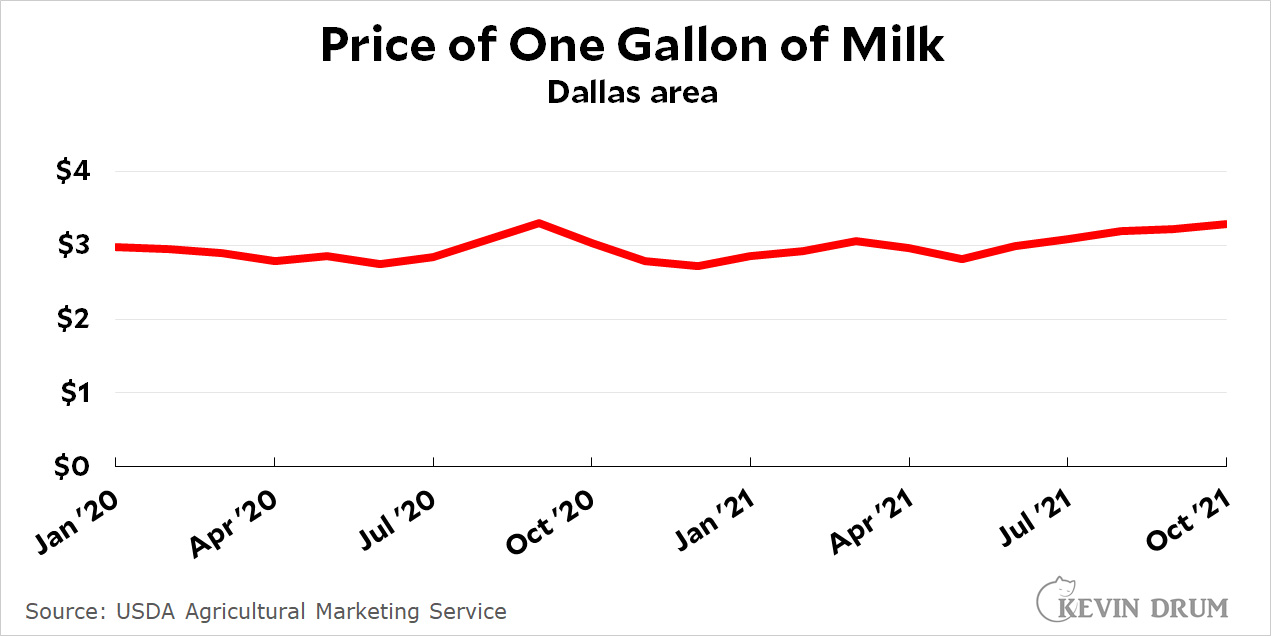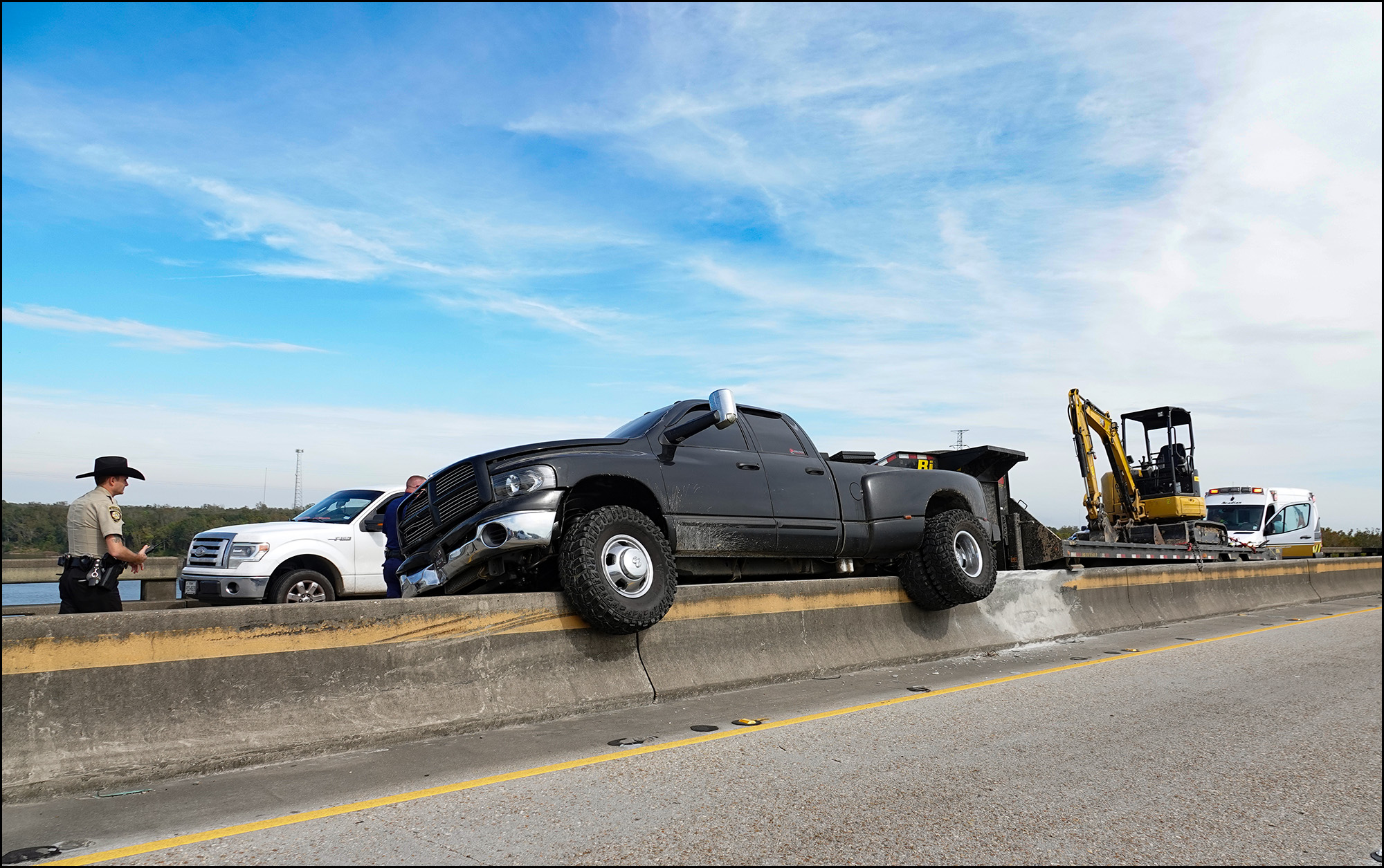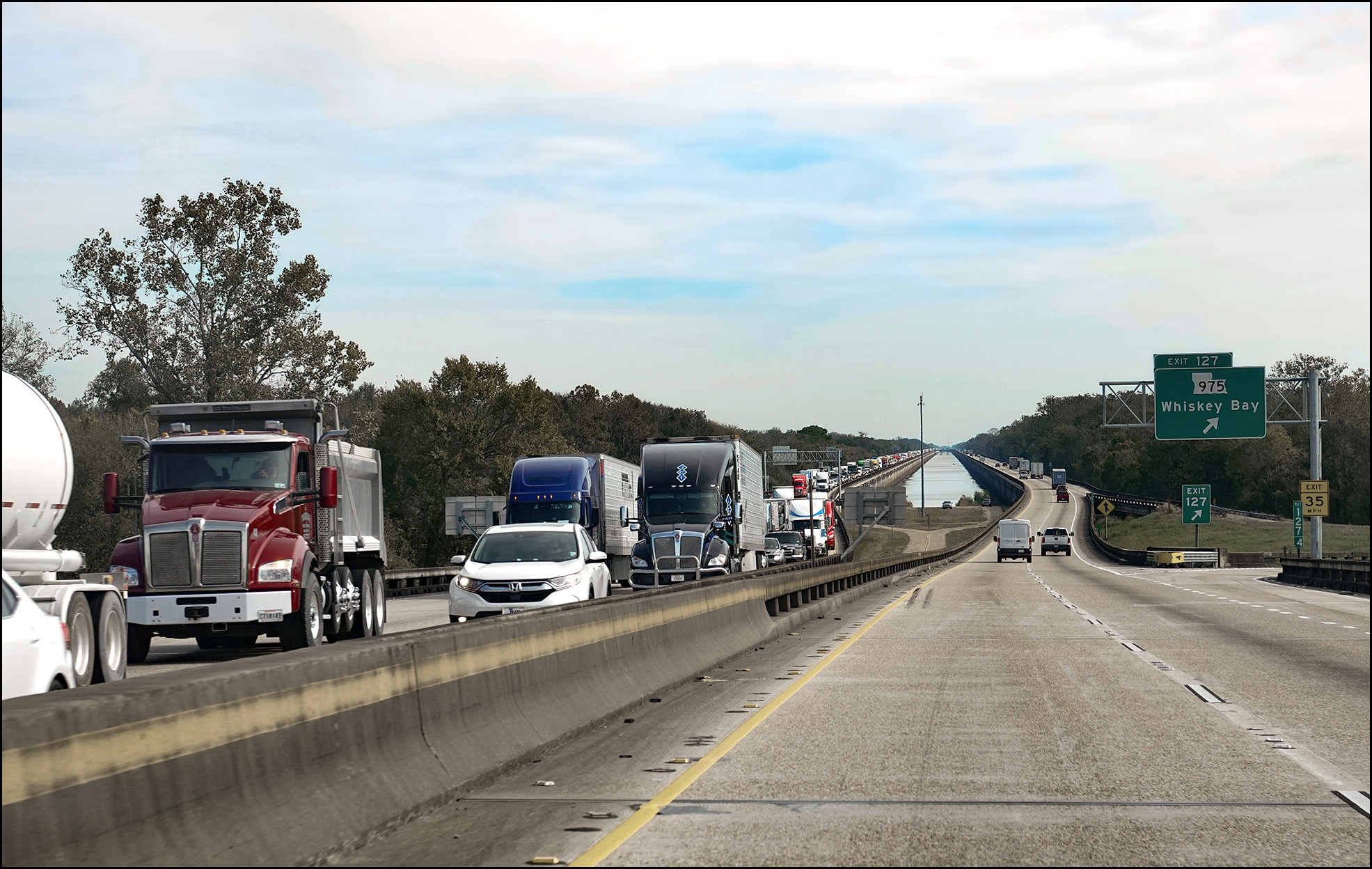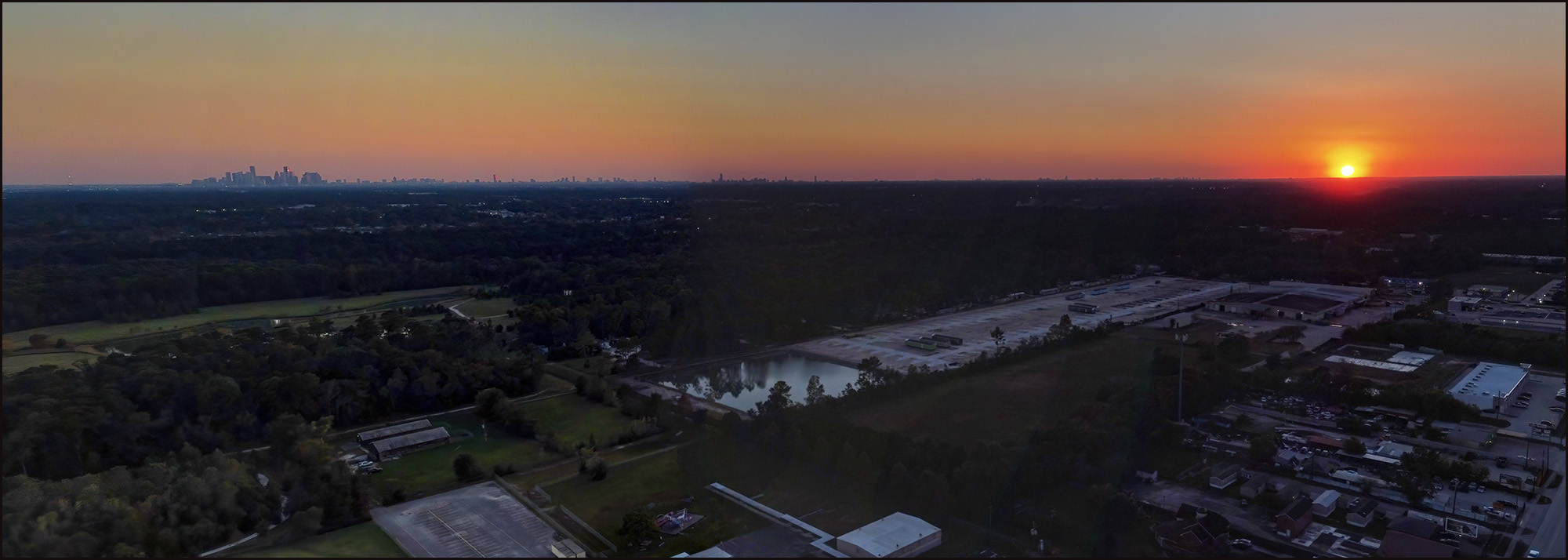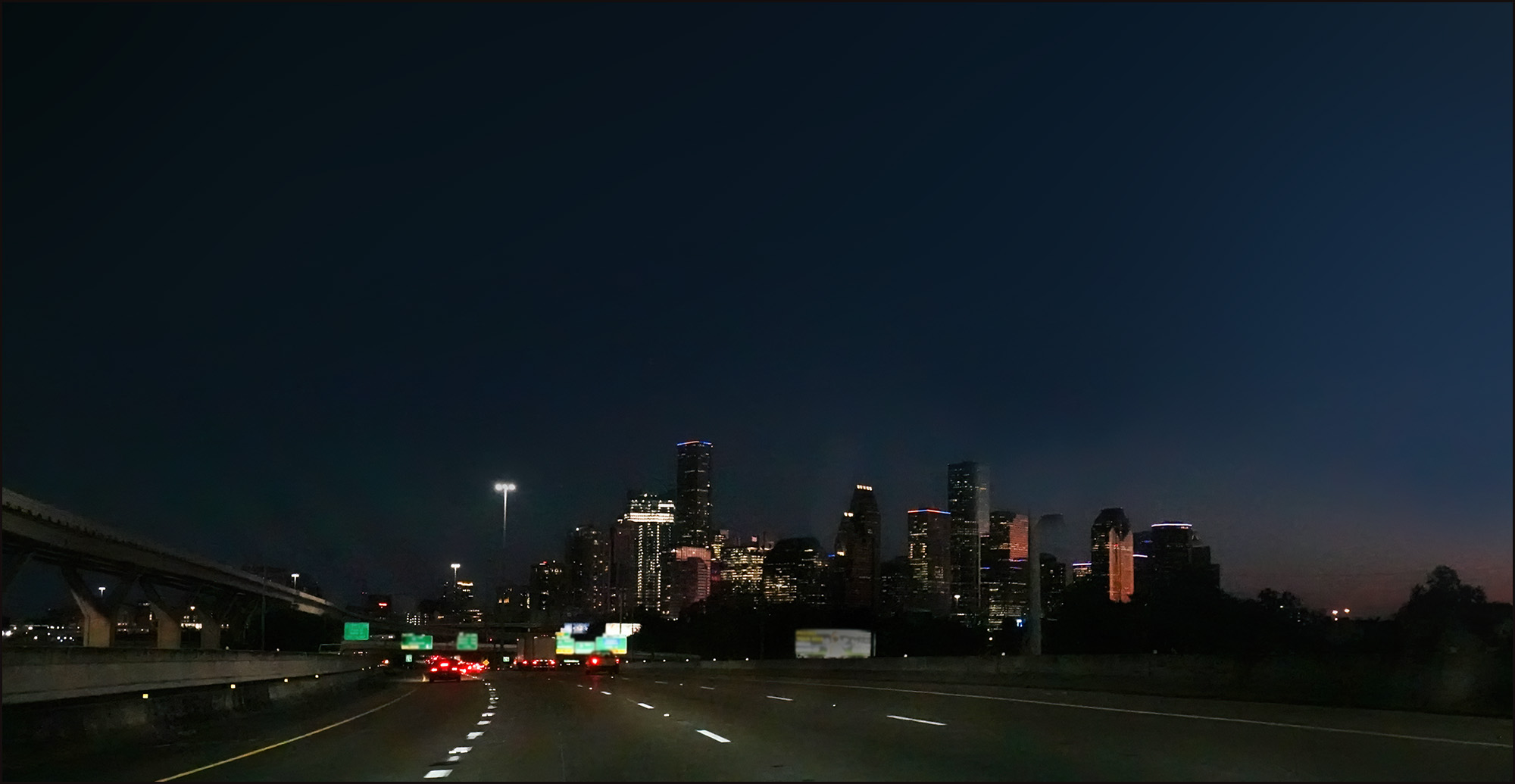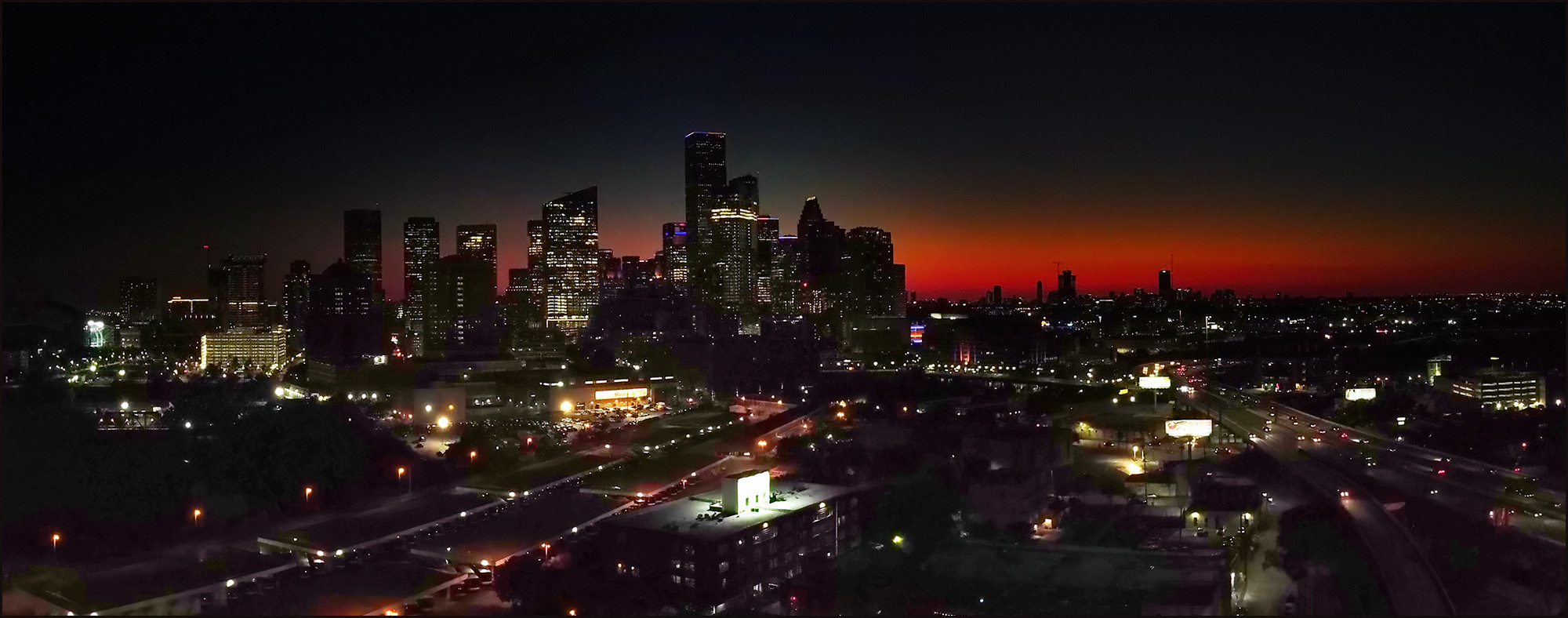I was busy driving from the Louisiana swamps to the Houston airport on Friday, which means I missed providing you with my keen insights on the latest jobs numbers. Can't have that! Here they are:¹
 It turns out there really are a couple of interesting things to say this month. First, we added 531,000 jobs in October and revised upward the estimates for August and September by 235,000, for a total of 766,000 more jobs than we thought we had a month ago. The headline unemployment rate dropped to 4.6%. That's really good.
It turns out there really are a couple of interesting things to say this month. First, we added 531,000 jobs in October and revised upward the estimates for August and September by 235,000, for a total of 766,000 more jobs than we thought we had a month ago. The headline unemployment rate dropped to 4.6%. That's really good.
In fact, given my belief that we're really only about a million jobs short of where we ought to be, this represents a huge chunk of the "worker shortage" we hear so much about. And it's still a huge chunk even if I'm off by a factor of two or so.
The other interesting thing is wages. For some reason there's been an awful lot of chatter lately about strong wage growth over the past year, but I'm not sure where it comes from. Here is overall wage growth:
 It's true that we had strong earnings growth for several years before the pandemic. It's also true that there was a surge in wages right at the start of pandemic, which put us at a permanently higher level.
It's true that we had strong earnings growth for several years before the pandemic. It's also true that there was a surge in wages right at the start of pandemic, which put us at a permanently higher level.
However, since the middle of 2020 there's been essentially no wage growth after you account for inflation. Keep this very firmly in mind whenever you hear that companies can't attract as many workers as they need. The truth is that they really aren't trying very hard.
¹Note that I've changed the layout of the chart I use by eliminating the months with gigantic ups and down during the pandemic. Those huge swings are old news, and they make it hard to see what's going on in more normal months. With a y-axis range of -400,000 to +800,000, it's much easier to see the changes over the past year or so.
POSTSCRIPT: And since we all love anecdotes, I've got one for you. We've all seen the signs offering jobs at McDonald's for $18 per hour. Wow! But those are mostly in big urban areas where the media hangs out, like New York and Los Angeles. But I just got back from Louisiana, and I saw plenty of help wanted signs there too. They were offering jobs at McDonalds for $10 per hour. Suddenly those $18 jobs sound more like regional outliers than trends for the whole country.


